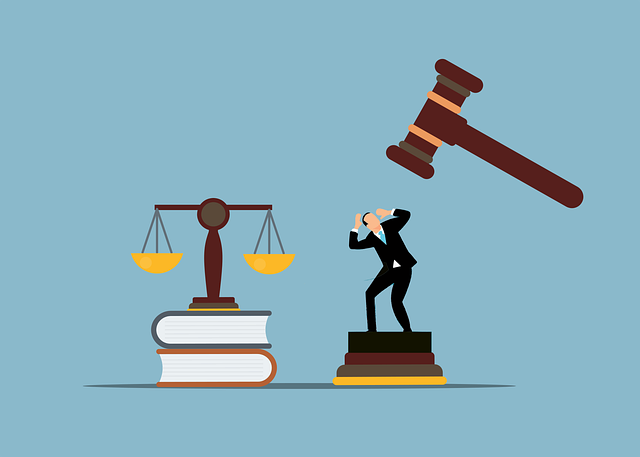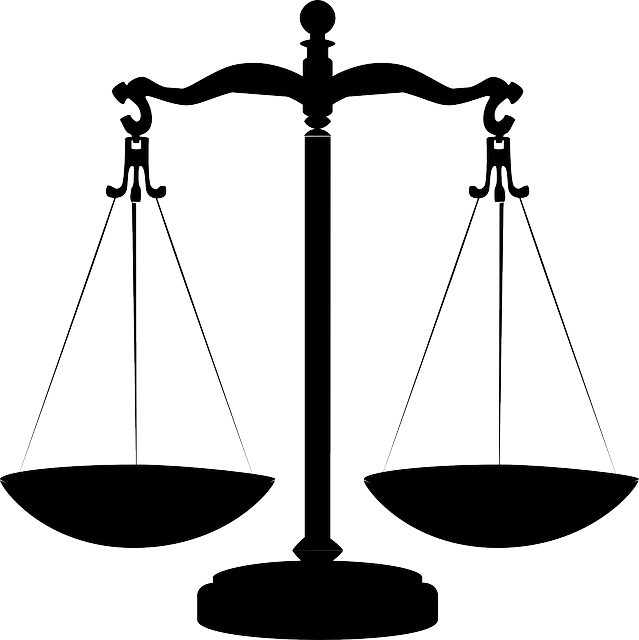In the realm of criminal justice, a Woodlands Criminal Lawyer is an indispensable resource, guiding individuals through complex legal proceedings. They safeguard clients' rights, navigate state laws and procedures, scrutinize evidence, identify case weaknesses, and present robust arguments to uphold innocence or mitigate charges. These lawyers also offer critical support during appeals, aiming to rectify judicial errors. Successful Woodlands criminal lawyers possess strategic thinking, compelling communication skills, deep legal knowledge, active listening, emotional intelligence, and rapport-building abilities to tailor legal strategies for justice.
In the pursuit of justice, a Woodlands criminal lawyer plays an indispensable role, advocating for clients across trials, hearings, and appeals. These legal professionals are the linchpins in navigating complex legal landscapes, employing strategic expertise to protect rights and ensure fair outcomes. This article delves into the multifaceted responsibilities of a Woodlands criminal lawyer, exploring the strategies and skills that underpin effective advocacy. By understanding their crucial role, we gain insight into the essence of securing justice for all.
- The Role of a Woodlands Criminal Lawyer in Legal Proceedings
- Strategies and Skills to Advocate for Clients Effectively
The Role of a Woodlands Criminal Lawyer in Legal Proceedings

A Woodlands Criminal Lawyer plays a pivotal role in navigating the complex landscape of legal proceedings, particularly for clients facing criminal charges. They are advocates who ensure that their clients’ rights are protected and that justice is served throughout trials, hearings, and appeals. These legal professionals possess an in-depth understanding of state laws and procedures specific to criminal cases, enabling them to build robust defenses or provide strategic guidance during prosecution.
With their expertise, a Woodlands Criminal Lawyer can delve into intricate details, analyze evidence, and identify potential loopholes or weaknesses in the case. They are adept at presenting compelling arguments before judges and juries, advocating for their clients’ innocence or mitigation of charges. Moreover, these lawyers offer invaluable support during appeals processes, ensuring that any errors or miscarriages of justice are brought to light and addressed effectively.
Strategies and Skills to Advocate for Clients Effectively

Advocating for clients in legal proceedings requires a unique blend of strategic thinking and compelling communication skills. A successful Woodlands criminal lawyer, for instance, must possess a deep understanding of the law and be adept at navigating complex court systems. They need to analyse case details meticulously, identifying strengths and weaknesses in the client’s position. Effective advocacy involves presenting a persuasive argument that resonates with judges or juries, often requiring the lawyer to think on their feet and adapt strategies mid-trial.
Skills such as active listening, clear and concise speech, and emotional intelligence are pivotal. A good lawyer must accurately interpret their client’s needs and concerns, translating them into powerful narratives that can sway legal outcomes. They should also be adept at cross-examining witnesses, challenging evidence, and presenting alternative theories to support their client’s innocence or mitigate punishment. Building rapport with clients, understanding their backgrounds, and tailoring legal strategies accordingly are key to securing justice—a cornerstone of any successful advocacy approach.
A Woodlands criminal lawyer plays a pivotal role in navigating complex legal proceedings, advocating tirelessly for their clients’ rights and interests. Through strategic planning, keen observation, and effective communication, these professionals secure justice, ensuring that every voice is heard and every argument presented with clarity. Their expertise and dedication are invaluable assets in the pursuit of fairness and equality within the legal system.



